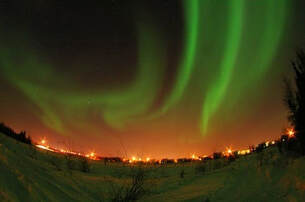Epiphany
 Have you ever had an “Aha!!” moment or a “Eureka! Now I get it!”? Or, have you ever exclaimed, “Finally, I see the light!” If so, you have had an epiphany.
Have you ever had an “Aha!!” moment or a “Eureka! Now I get it!”? Or, have you ever exclaimed, “Finally, I see the light!” If so, you have had an epiphany.The word epiphany has its origins in the Proto-Indo-European root (PIE) root bha (to shine) and Greek phainein (to show). The word epiphany is from Greek epi- (on, close upon, to, in addition to) + phainein = epiphainein (to manifest, display, show off, come suddenly into view) and epiphaneia (manifestation, striking appearance, a festival held in commemoration of the appearance of a god at some particular place).
The early 14th century English word epiphany is from Old French epiphanie, Latin epiphania, and Greek epiphaneia. Epiphany, at that time and now, is the Christian festival of the manifestation the infant Jesus to the non-Jewish people of his time; in particular, to the three wise men of the Bible story, twelve days after Christmas, usually 6 January.
The use of epiphany to refer to divine beings other than Jesus is first seen in the 1660s. The use of epiphany in a general sense to mean any manifestation or revelation is from the 1840s.
The Merriam-Webster Dictionary defines the non-religious use of epiphany as a sudden manifestation or perception of the essential nature or meaning of something. An epiphany is an illuminating discovery, realization, or disclosure. Epiphany is also defined as an intuitive grasp of reality through some thing or some event that is usually simple and striking.
Other epi- words include epicentre, epidemic, epidermis, epilepsy, epilogue, episode, epistemology, epistle, epitaph, epitome, and many others; but not epic.
Reference: Online Etymological Dictionary, https://www.etymonline.com/
Published on January 06, 2021 08:08
No comments have been added yet.



